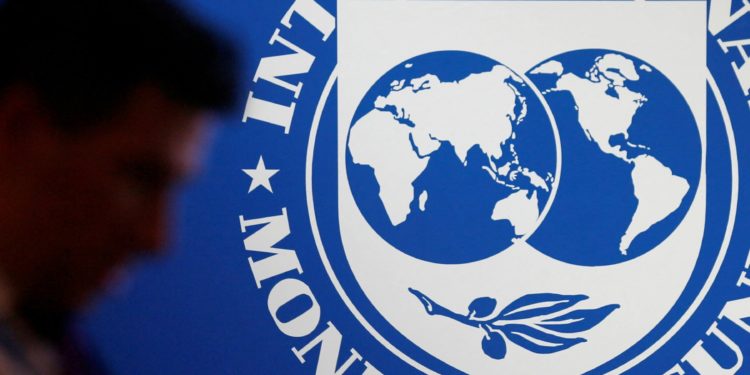IMF Urges Fiscal Discipline and Spending Prioritisation in Debt-Stressed Economies
The International Monetary Fund (IMF) has advised countries with constrained fiscal space to prioritise essential public spending while allowing automatic stabilisers to function effectively in order to mitigate the impact of current global economic challenges.
The recommendation forms part of the Fund’s latest guidance issued in its April 2025 Fiscal Monitor Report, which outlines policy options for countries navigating rising debt levels and tightening global financial conditions.
“For countries facing significant spending pressures and public investment needs, but with some fiscal room, it is prudent to utilise this space within the context of well-defined medium-term fiscal frameworks,” the Fund noted.
The IMF also reiterated that low-income developing countries should remain committed to planned fiscal adjustments, especially in view of persistent financing constraints and heightened debt vulnerabilities.
“For many emerging market and developing economies, rationalising spending and boosting revenues through tax reforms, broadening the tax base, and strengthening revenue administration remain central to ensuring fiscal sustainability,” the Fund added.
To support long-term fiscal credibility and policy effectiveness, the IMF underscored the importance of anchoring fiscal adjustments within medium-term frameworks, supported by modern public financial management systems.
Such measures, the Fund emphasised, would help reduce fiscal policy uncertainty, ensure better expenditure efficiency, and foster inclusive growth over the medium to long term.
The call by the IMF comes at a time when countries across the globe—particularly in Sub-Saharan Africa—are grappling with limited fiscal buffers, high debt servicing obligations, and growing development financing gaps.







